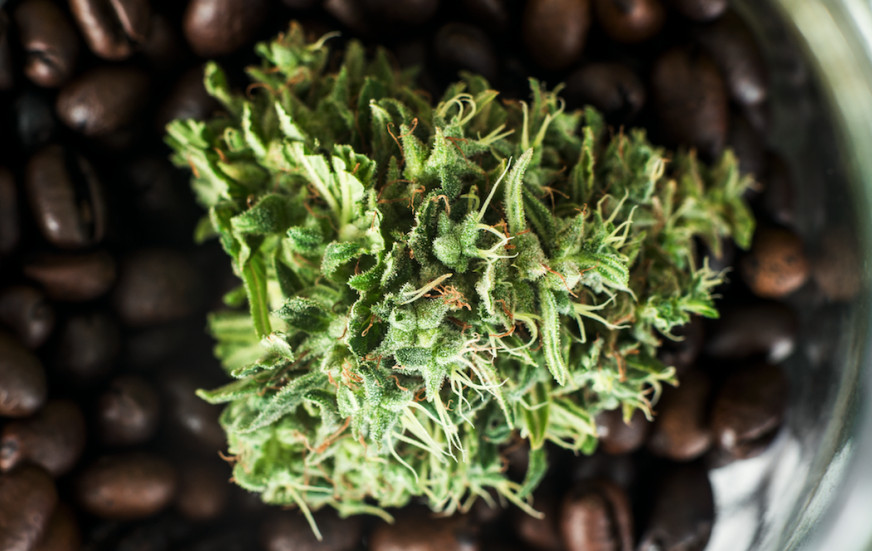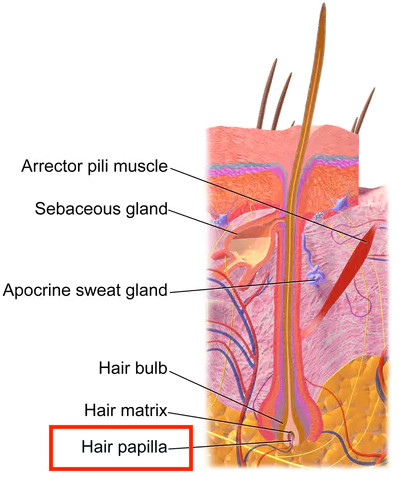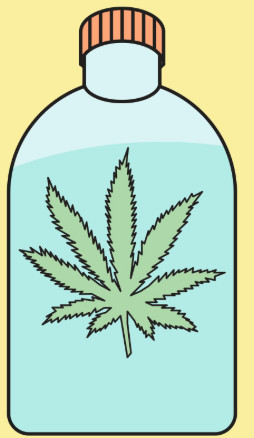Sentiment from Reagan’s propagandistic campaign against marijuana is still persistent in the U.S. – even in Vermont. It is unsurprising that anti-cannabis advocacy groups continue to use the outdated rhetoric to support unscientific claims.
Clearly, a maturing brain should not be exposed to cannabis, the same way it should not be exposed to caffeine – both hinder mental development. Nonetheless, for mature brains, cannabis is in fact less addictive than caffeine. More importantly, cannabis may actually be Vermont’s ticket out of the opioid crisis, as it may really be an anti-gateway drug.
The repression of cannabis has led to a delay in necessary research that could aid the medical industry and its patients. THC has shown to be an excellent analgesic (painkiller) and has the potential to limit dependency on opioids. Not only do cannabinoids (THC, CBD) benefit health, but terpenes, such as limonene, have powerful anxiolytic properties. Ask any anti-cannabis advocate about terpenes and you’ll receive a bewildered look instead of an informed answer.
Unfortunately, until Vermont accepts cannabis none of this is possible. There is already a vast amount of evidence displaying the benefits of cannabis as a healthy alternative, but the truth lies hidden behind inaccurate beliefs.














